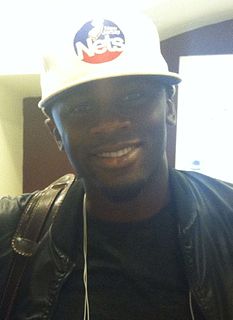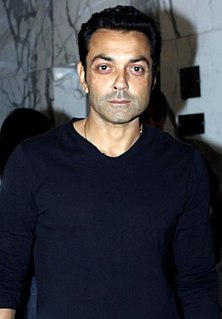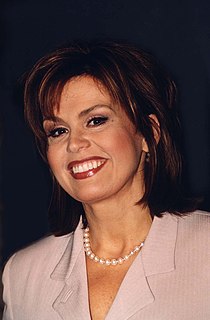A Quote by Tara Westover
I was 17 the first time I set foot in a classroom, but 10 years later, I would graduate from Cambridge with a Ph.D. 'Educated' is the story of how I came by my education. It is also the story of how I lost my family.
Related Quotes
The biggest threat to your creativity is the fear that it's already been done, said, created. (So why bother?)
Say it, do it, make it anyway - but tell YOUR story along the way.
The story of how you came to know what you know.
The story of what you want to know more of.
The story of why you do what you do.
The story of how you came to care.
And that's how you create what's never been created before.
For people who are coming out of an oral tradition, it is very exciting to get into reading and writing and it is quite interesting how frequently people want to write their own story. Sometimes it is straight history - this is how we came about, how our town was created, a lot of that kind of effort, as soon as literacy came. The first thing you wanted to do was to put something down about who you are or how you are related to you neighbors. Then the next stage would be the stories, the cultural part of the story: this is the kind of world our ancestors made or aspired to.
I read the story and reread the story, but I still could not find the universality that the little Irishman had spoken of. All I saw in the story was some Irishmen meeting in a room and talking politics. What had that to do with America, especially with my people? It was not until years later that I saw what he meant ... I began to listen, to listen closely to how they talked about their heroes, to how they talked about the dead and how great the dead had once been. I heard it everywhere.
If you draw the entire timeline of humanity from the time humans first trod until today, let's just assume that's 10 feet on a timeline. My time on that timeline is so small that you couldn't point it out. Let's say it's smaller than a grain of sand, in that whole 10-foot timeline of humanity. And when I lost my hearing, it happened to coincide with human technology advancing to the point that the cochlear implant existed. If I had lost my hearing five years earlier, I would have had to quit my job. I would have lost my career. I've always been kind of in awe of that reality.
I was watching TV at age 9 or 10, and my mom said that I came from the front room and I told her that I want to act. And she said if you want to do this at 18, then you can. It was a very simple story, yet, I do not even remember the conversation that I had with my mother. Until she reminded me of the story many years later.
Every family has a story that it tells itself, that it passes on to the children and grandchildren. The story grows over the years, mutates, some parts are sharpened, others dropped, and there is often debate about what really happened. But even with these different sides of the same story, there is still agreement that this is the family story. And in the absence of other narratives, it becomes the flagpole that the family hangs its identity from.
What's your story? It's all in the telling. Stories are compasses and architecture; we navigate by them, and to be without a story is to be lost in the vastness of world that spreads in all directions like arctic tundra or sea ice. To love someone is to put yourself in their place, we say, which is to put yourself in their story, or figure out how to tell yourself their story. Which means that a place is a story, and stories are geography, and empathy is first of all an act of imagination, a storyteller's art, and then a way of traveling from here to there.







































